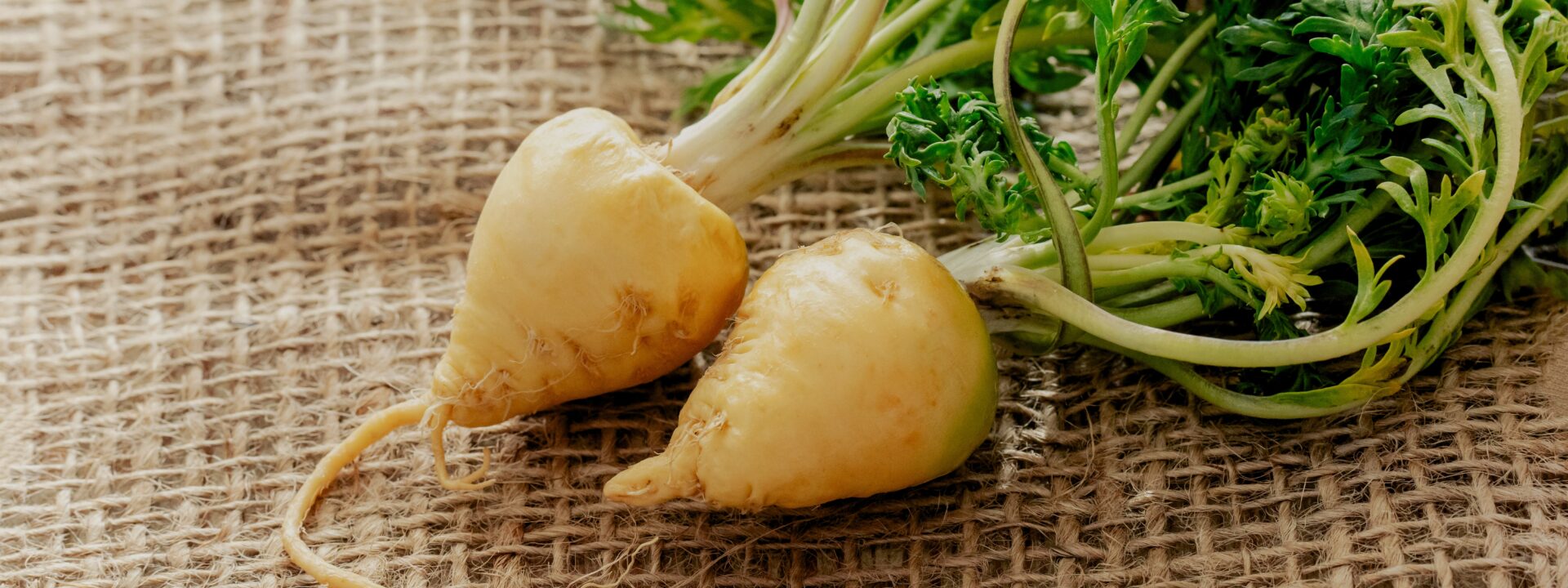Maca root comes from Peru and is packed with beneficial nutrients for the body. It’s commonly taken as a powdered supplement, always with food, with a typical recommended dose of 1,500 to 3,000 mg for adults. Maca offers numerous health benefits, which nutritional therapist Eve Kalinik and dietitian Dr. Linia Patel explain below.
### What is maca root?
“Maca, also called Peruvian ginseng, refers to two species of cruciferous vegetables from the Brassicaceae family,” says Patel. “Grown in the high-altitude Andes, maca root comes in different colors—red, black, pink, and yellow.” She adds, “It’s often called a ‘gateway adaptogen’ because it helps the body manage stress and balance hormones.”
Kalinik notes, “Maca has been used for thousands of years, historically believed to boost energy and stamina. Some stories even claim it helped Incan soldiers prepare for battle.”
### What are the benefits of maca root?
“Maca is a good source of fiber and contains antioxidants that help fight free radicals and oxidative damage in the body,” says Kalinik.
Patel explains, “Maca is also known for supporting hormonal health, especially in regulating estrogen metabolism.” Some believe it has aphrodisiac effects, and for those with heavy periods or endometriosis, “it may help by balancing hormones.” However, both experts stress that more research is needed to fully understand maca’s effects.
As studies continue, Patel suggests considering maca a “watch this space” supplement.
### How is maca root usually consumed?
“Maca powder is easy to add to your diet,” says Patel. You can mix it into smoothies, water, milk, or oatmeal, or take it in capsule form.
### Is maca root safe?
“It depends on the person, since we don’t know enough about long-term use,” says Kalinik. Still, short-term use within the recommended dose is generally safe.
Patel adds, “People on thyroid medication should be cautious—maca contains goitrogens, which might affect thyroid function, especially in those with low iodine levels. Anyone with health conditions should check with a doctor before taking maca.”
### Is maca a superfood?
“While maca has unique compounds, it shares benefits with other adaptogens like ginseng, rhodiola, and ashwagandha—all traditionally used to reduce stress and boost well-being,” Patel explains.
Kalinik dislikes the term “superfood,” saying, “It implies some foods are better than others, when simple, nutritious foods like apples get ignored. My advice? Eat a variety of plants and colors—that’s far better than focusing on one so-called superfood.”
